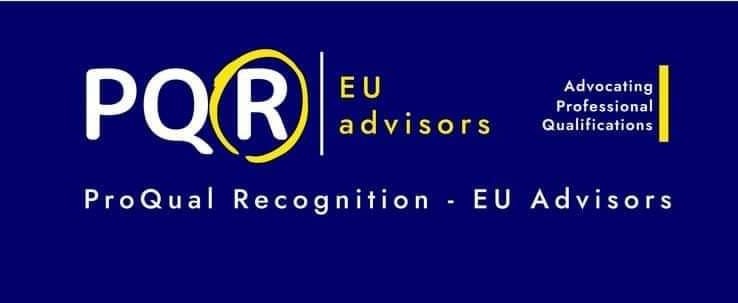In today’s competitive business environment, companies must continuously innovate and adapt to ensure growth and profitability. One of the key pillars of success is an effective sales strategy, which not only includes a well-thought-out approach to reaching customers but also involves empowering the individuals driving the sales process: the sales professionals themselves.
Sales professionals are at the forefront of any organization’s efforts to generate revenue, create long-lasting customer relationships, and achieve business objectives. Therefore, it is crucial for businesses to invest in strategies that enhance their sales teams’ capabilities and equip them with the necessary tools, knowledge, and support to excel in their roles.
The Importance of a Sales Strategy
A well-developed sales strategy provides clear direction, sets measurable goals, and outlines the steps necessary to achieve success. However, a strategy is only as good as the people executing it. Businesses need to focus on creating a strategy that is flexible and adaptable to changing market dynamics while ensuring that sales professionals are motivated and aligned with company objectives.
Successful sales strategies should encompass several key components:
- Target Market Identification: Understanding customer needs and segmentation.
- Value Proposition: Clearly communicating what sets the business apart from competitors.
- Sales Process Optimization: Streamlining workflows and ensuring an efficient path from lead generation to closing the sale.
- Performance Metrics: Establishing measurable KPIs to track progress and success.
Empowering Sales Professionals
To truly transform a business’s sales strategy, companies must invest in their sales professionals. Empowerment doesn’t just mean providing resources or incentives—it involves creating a culture where salespeople feel confident in their abilities and have the tools and knowledge they need to succeed.
1. Training and Development
Ongoing training is crucial to ensure that sales professionals are equipped with the latest product knowledge, sales techniques, and industry insights. Regular training programs, workshops, and seminars allow salespeople to sharpen their skills and stay updated on emerging trends and best practices.
Training programs should also focus on building soft skills such as communication, negotiation, and relationship-building. These are essential for establishing trust with customers and closing deals effectively.
2. Access to Tools and Technology
Sales professionals need the right tools to succeed. This includes customer relationship management (CRM) software, analytics platforms, and other sales automation tools that can help them better understand customer behavior, track sales activity, and personalize their outreach.
By investing in technology, businesses can provide their sales teams with valuable insights and improve efficiency, allowing them to spend more time engaging with clients and less time on administrative tasks.
3. Motivation and Incentives
To keep sales professionals motivated, businesses should implement clear incentive programs. These incentives can be monetary, such as commissions or bonuses, or non-monetary, such as recognition, career advancement opportunities, or other rewards. A motivated sales team is more likely to go above and beyond in delivering exceptional results and meeting sales targets.
Incentives should be aligned with both individual and team goals to ensure that everyone is working toward the same objectives. Recognizing top performers and offering regular feedback can go a long way in fostering a sense of achievement and loyalty among the sales force.
4. Supportive Leadership
Leadership plays a critical role in empowering sales teams. A supportive and effective sales manager can provide guidance, mentorship, and motivation to sales professionals, helping them navigate challenges and continuously improve. Strong leadership ensures that sales teams have a clear understanding of company goals and the role they play in achieving them.
Sales leaders should also create a collaborative and inclusive environment where salespeople feel comfortable sharing ideas and learning from each other. This type of culture encourages open communication and fosters a sense of ownership in the success of the company.
5. Personalized Development Plans
Every sales professional has unique strengths and weaknesses. Businesses should invest time in developing personalized development plans for each individual, focusing on areas that need improvement while enhancing existing strengths. These plans can involve one-on-one coaching sessions, targeted skill-building activities, and opportunities for growth within the organization.
Personalized development ensures that each sales professional can reach their full potential, contributing not only to their success but also to the overall performance of the business.
Thinks to remember:
For any business aiming to succeed in the competitive landscape, empowering sales professionals is essential. By aligning sales strategies with the development and support of sales teams, organizations can significantly enhance their sales performance, achieve growth, and maintain long-term customer relationships.
Investing in the empowerment of sales professionals through training, technology, motivation, and leadership creates a strong foundation for sales success. Ultimately, a well-supported sales team is the driving force behind any business’s ability to thrive and expand in today’s ever-evolving market.
We undertake the recognition of academic titles and professional qualifications of employees recruited through HR companies in any EU Member State, as well as the approval of the required immigration visa in the case of recruited scientific personnel from non-EU countries (third countries) to the EU.
If you require any further information, please feel free to reach out to us now:info@proqualrecognition.eu

